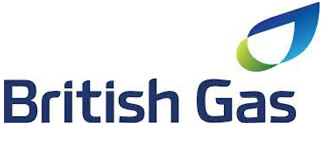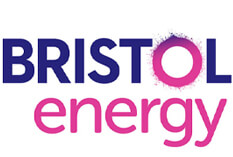







UK Business Energy Comparison
Peek behind the curtain of any successful business and you will usually find strong leadership, skilled teams of staff, and the tools and equipment they need to be efficient. You’ll also notice that, no matter what type of business you’re observing, it requires energy.

Whether you are powering a single electric tool or large-scale manufacturing site, operating computers and using Wi-Fi, heating your buildings or simply keeping the lights on, all businesses need energy to run.
Energy bills can make up a large portion of operational costs, but many business customers may be overpaying simply because they haven’t compared the deals on offer. While it would be time consuming to seek out quotes from every possible business energy supplier individually, you can compare business electricity and business gas prices in seconds using Business Energy UK.
Our service is fast, free and impartial. We’ll match your business needs with the UK market’s most competitive commercial energy quotes in under 60 seconds.
How To Compare Business Energy Prices & Switch with Us
Compare

Simply provide your postcode, and we’ll identify your meter and assess your consumption to present you with the most up-to-date prices.
Choose Your Supplier

Choose the tariff that best suits your business needs – you even have the option to remain with your existing supplier.
Relax, we’ll handle the switch

We look after the switching process, and you’ll be updated every step of the way.

Why Choose Us for Business Energy Comparison?
Here at Business Energy UK, we’re not just a comparison site. We’re a socially conscious organisation, rooted right here in the UK, with a mission to make a difference.

We offer an unbiased, thorough business energy comparison service, designed to help businesses like yours save money. In fact, on average, our customers save an impressive £1,401* when they switch with us. But our commitment doesn’t stop at helping you cut costs.
We’re also deeply committed to combating fuel poverty and contributing to a more sustainable future for everyone. By choosing us, you’re not just making a smart business decision; you’re also making a socially responsible one. We believe in creating a better tomorrow, and with every switch made through our platform, we’re one step closer to that goal.
So, why choose Business Energy UK? Because we offer more than just cost savings – we offer a chance to make a positive impact. And we’ll be with you every step of the way, from comparing suppliers to managing the switching process. Choose us, and together, we can create a better, more sustainable future.








